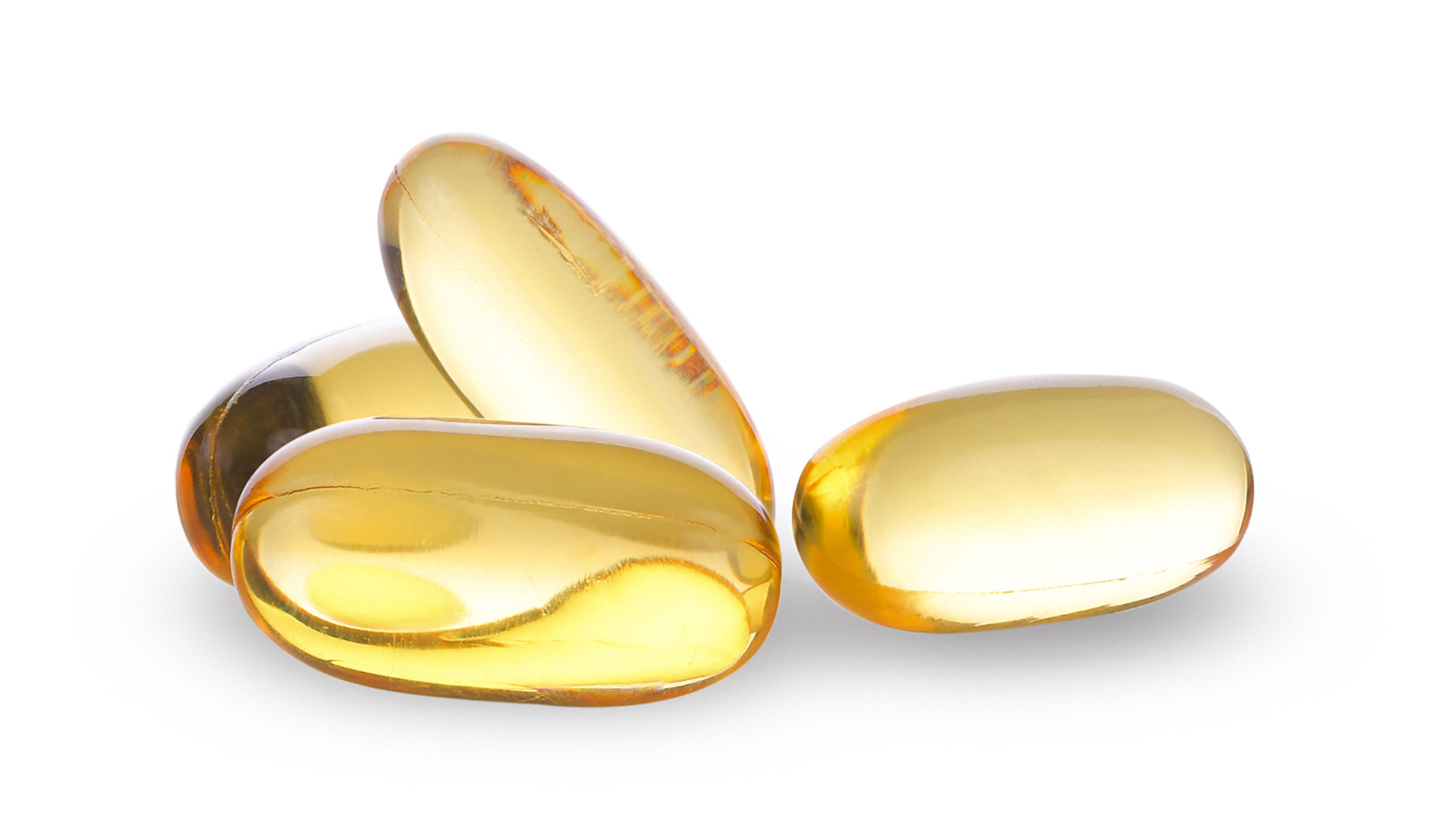
Vitamin D and K are two essential nutrients that play important roles in maintaining overall health. Vitamin D is primarily known for its role in promoting bone health, while vitamin K helps with blood clotting, among other functions.
Recent studies have suggested that taking vitamin D and K together may have additional health benefits beyond what each nutrient can provide individually. Here are some key things to know about taking vitamin D with K:
- Vitamin D and K work together to support bone health: Vitamin D helps the body absorb calcium from the diet, which is important for building and maintaining strong bones. However, vitamin K is also necessary for proper bone formation, as it helps activate proteins that bind calcium to the bone matrix. A deficiency in either vitamin D or K can lead to weakened bones and an increased risk of fractures.
- Vitamin K may help prevent calcium buildup in arteries: When calcium accumulates in the arteries, it can lead to a condition called arterial calcification, which is a risk factor for heart disease. Vitamin K helps prevent this by activating proteins that move calcium out of the arteries and into the bones where it belongs. Some studies have suggested that taking vitamin K2 (a specific form of vitamin K) may reduce the risk of arterial calcification and improve cardiovascular health.
- Vitamin D and K may reduce the risk of certain cancers: Both vitamin D and K have been linked to a reduced risk of certain types of cancer, including breast, prostate, and colon cancer. Some studies have suggested that taking both nutrients together may be more effective than taking either one alone.
- Vitamin K can interact with certain medications: If you are taking blood-thinning medications such as warfarin, it is important to talk to your doctor before taking vitamin K supplements. This is because vitamin K can interfere with the action of these medications, potentially leading to dangerous blood clots or bleeding.
- The optimal ratio of vitamin D to K is not yet clear: While there is evidence to suggest that taking vitamin D and K together may be beneficial, the ideal ratio of these nutrients is still being studied. Some experts recommend a ratio of 2:1 (vitamin D to K), while others suggest a ratio of 5:1 or even 10:1. It is important to work with a healthcare provider to determine the best approach for your individual needs.
Overall, taking vitamin D with K may provide additional health benefits beyond what each nutrient can provide alone. However, it is important to talk to your doctor before starting any new supplements, especially if you are taking medications or have a history of medical conditions.




